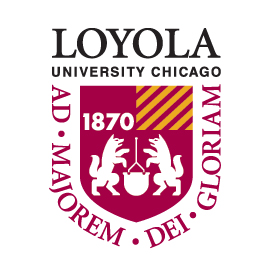The Woodrow Wilson Foundation has been proud to support more than 22,000 Fellows who collectively have an impressive record of scholarship, teaching, service, and public influence. Among them is a select group whose work advances the disciplines in all fields of the humanities and social sciences. The Foundation’s offerings in these areas are designed to encourage promising scholars early in their career, helping them to complete their dissertation writing.
The Charlotte W. Newcombe Doctoral Dissertation Fellowships
woodrow.org/newcombe
The Charlotte W. Newcombe Doctoral Dissertation Fellowships are designed to encourage original and significant study of religious and ethical values in all areas of human endeavor. Eligible proposals have religious or ethical values as a central concern. Previous Fellows have explored such topics as disability and modern medicine, technologies of famine relief, the normalcy of difference, and devotion and the formation of a new urban base. Ph.D. and Th.D. candidates in the humanities or social sciences who will be in the final year of dissertation writing during the 2018-2019 academic year may apply. The competition deadline is November 15, 2017.
Woodrow Wilson Dissertation Fellowships in Women’s Studies
woodrow.org/womens-studies
The Woodrow Wilson Dissertation Fellowship in Women’s Studies encourages original and significant research about women that crosses disciplinary, regional, or cultural boundaries. Previous Fellows have explored such topics as feminist technology design, the complex gender dynamics of transidentity management, women’s electoral success across racial and institutional contexts, women’s sports, and militarism, and the education of American women. The competition deadline is October 15, 2017.
Please see the website for further information: woodrow.org
Questions about the Fellowships may be sent to:
Newcombe Fellowship: newcombe@woodrow.org
Women’s Studies Fellowship: ws@woodrow.org
